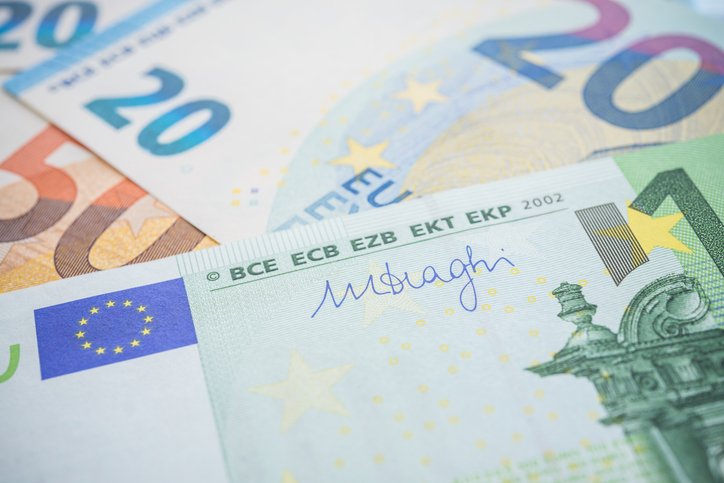Jacobin - Mario Draghi’s Report Is Far Short of What Europeans Need
Europe director Max von Thun warns about the influence of the Draghi report and how it may guide the EU economic debate, but its green transition proposals face political hurdles in Europe's most right-leaning commission yet.
Will Donald Trump’s reelection be the prod the European Union (EU) needs to start getting its act together? Can the twenty-seven-nation bloc articulate a common industrial policy that protects workers and average citizens from the perils of globalization — and the lure of the far right?
There are reasons to be skeptical, not least given the political troubles in the EU ’s biggest member states. In Germany, the governing coalition headed by Chancellor Olaf Scholz finally collapsed this Wednesday, the day after the US vote. The last straw was a long-developing dispute over deficit spending, which pitted Scholz against his neoliberal-hawk finance minister Christian Lindner, who opposed any talk of a moratorium on the “fiscal brake” embedded in the country’s constitution. Snap elections now expected for early 2025 seem primed to favor the conservative Christian Democrats and the further right Alternative for Germany — both zealously committed to the German dogma of austerity. Things are hardly looking much rosier over in France. Prime Minister Michel Barnier’s minority government is today embroiled in a budget fight, maneuvering a cost-cutting and investment-sparse 2025 finance package through a hung parliament.
Such instability in the EU’s two main pillars seems sure to aggravate the pessimism that has been overtaking Europe’s power elite in recent months. “My concern is not that we will suddenly find ourselves poor and subservient to others,” Mario Draghi insisted, in a September 17 speech to the EU’s parliament in Strasbourg. “We still have many strengths in Europe.” Yet for the former president of the European Central Bank (ECB), presenting the conclusions of a report on Europe’s political economy, the end game is no less gloomy: “[My concern] is that, over time, we will inexorably become less prosperous, less equal, less secure, and, as a result, less free.”
The COVID-19 pandemic, the Russian war in Ukraine, and the wavering US security commitment to Europe have spurred a debate over the EU’s weaknesses at a time of mounting geopolitical tensions. The bloc finds itself exposed to global markets and external supply chains, whether for its energy needs or the critical raw materials and technologies crucial for the green transition. Investment by European capital is falling behind its peers, with many lamenting the EU’s inability to produce digital giants to rival the blue-chip masters of Silicon Valley. On defense, the bloc’s arms suppliers can’t keep up with the Russian weapons industry; EU public buyers remain wedded to contracts from abroad, notably with US contractors.
These interlocking fears have fed a growing literature of think tank studies and business page features on the theme of European decline. In a speech last April, French president Emmanuel Macron bemoaned that “our Europe is mortal. It can die.”
Read full article here.


